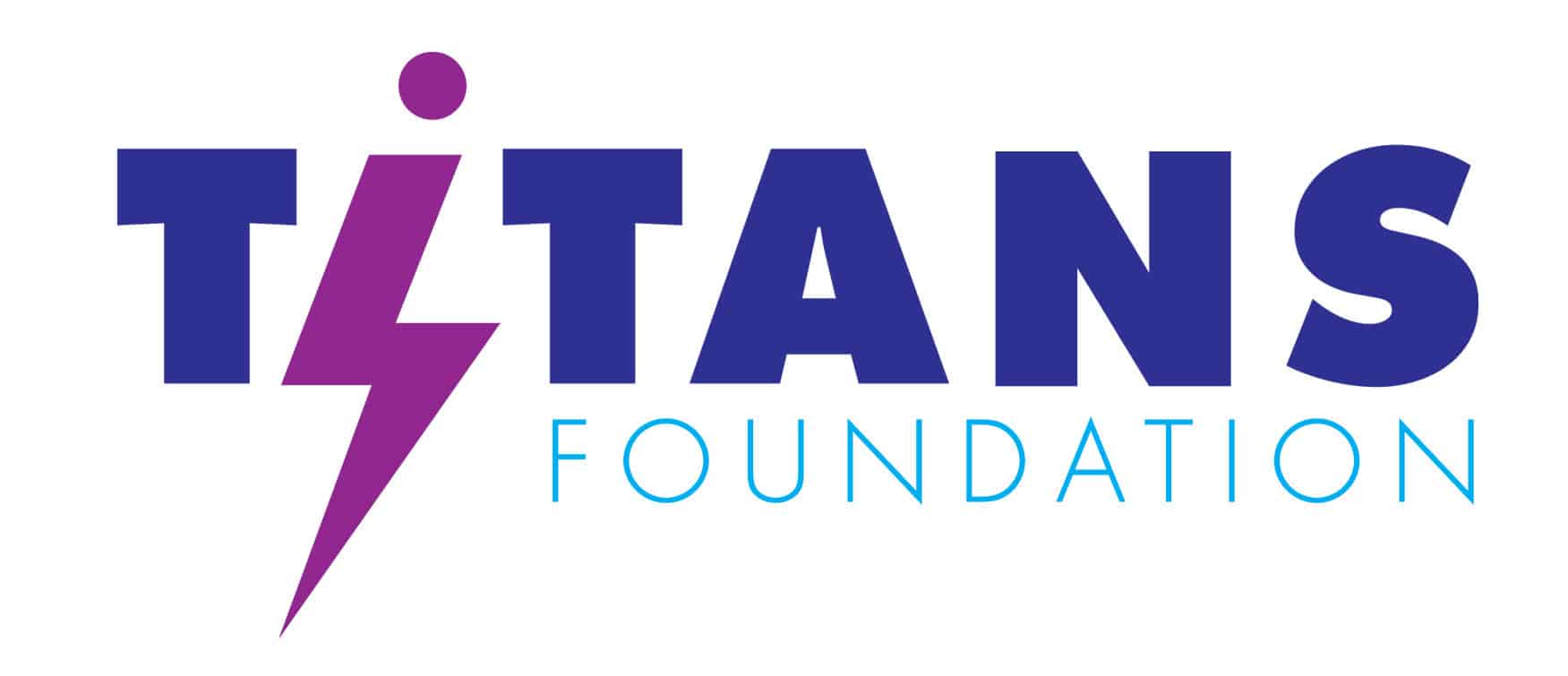Our Mission
Our Mission is to provide educational support to children with various learning disabilities while building confidence and the skills to succeed. We want to offer high quality testing, teacher training, and support for families who want to keep their children in the schools of their choice.
Looking forward to 2020…
- Continue to provide resources to our Titans Schools including: teacher training and mentoring, multi-sensory curricula, classroom materials and education and support for parents.
- Provide Screenings for the 3 most common learning differences (dyslexia, dyscalculia, and ADHD) for children in underserved communities.
- Through our university partnerships, study the impact of early identification and intervention on academic achievement, standardized testing, and social emotional health.
- Apply for 5 Literacy grants.
Our Founders Note
Since our founding in 2017 the Titans Foundation has made a tremendous impact on our 9 partner schools in the DC Metropolitan Area. We provide high quality testing, multi-sensory curricula and teacher training, and support for families who have struggling learners. Our initial data indicates that our program is phenomenally successful as shown by student progress in reading and literacy concepts. Not surprisingly, the feedback from the schools, teachers and parents has been extremely positive, and participants are eager for more resources and training opportunities.
We cannot thank you enough for making an investment in our future Titans and hope that you will consider joining the Titans Foundation as a donor, volunteer, or advocate.
Gratefully,
John & Amy Gardiner
OUR CHALLENGE
Facts About Learning Differences
Children with dyslexia or other Language Based Learning Differences have trouble with written language, with reading (decoding and comprehension), spelling, and writing.
Dyslexia may also mean trouble with any, or a combination of several of the following:
• Grasping and remembering what one hears (receptive language)
• Using words to say what one wants to say (expressive language)
• Difficulty with abstract words and ideas
• Difficulty with memory and recall
• Poor memory for basic arithmetic facts
• Handwriting may be poor, chiefly from poor instruction
How widespread is it?
- Approximately 15% of people have dyslexia
- This equates to over 30 million adults in the United States.
- Most don’t know they are dyslexic!
- Dyslexia occurs in people of all backgrounds
- Dyslexia is found in speakers of every language and country, but rates vary
- Men and women are equally likely to have dyslexia
- Of those placed in special education for a learning disability, approximately 80% have dyslexia
- Somewhere between 25-40% of children with dyslexia also have ADHD and conversely, approximately 25% of children with ADHD also have dyslexia
Did You Know…
- 60-70% of juvenile delinquents have a learning difference
- 50% of adolescents with drug & alcohol addiction are dyslexic
- 40% of self-made millionaires have dyslexia
- 1 out of 2 rocket scientists at NASA have dyslexia
A Note of Appreciation
Our sincere thanks to our Founding Advisors, Donors & PartnersAdvisors
Mgrs. John Enzler
Frank English, Principal St. Bartholomew
Teresa Giral, JD, PHd
Sue Kirk, M.Ed, CALT, QI
Sandy Thompson, M.Ed, CALT, QI
Donors
Mike and Joan Conley
Alisha and Sean Griffey
Urgo Hotels
Partners
ADW
ASDEC
BCC-CAA
Decoding Dyslexia
Mary Thomson
Read^Ology
Reading Roadway
